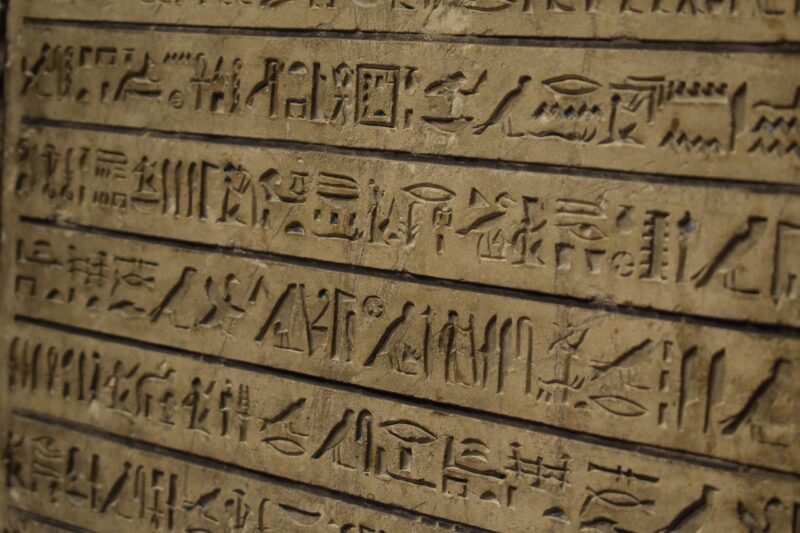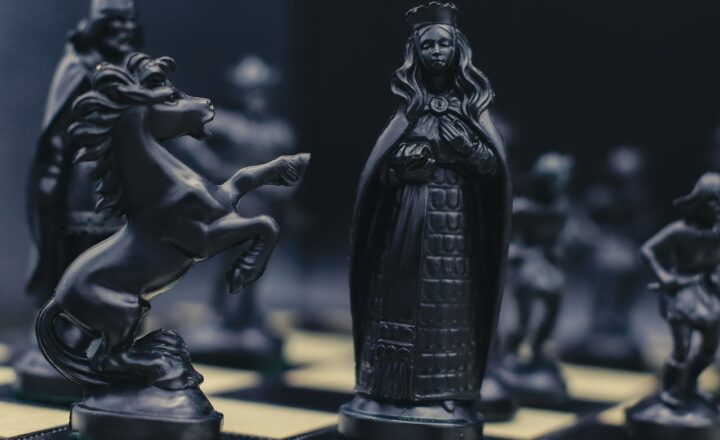The Influence of Ancient Egypt on Modern Culture: What We Still Use Today
November 9, 2024

Ancient Egypt, with its rich history spanning over 3,000 years, provides one of the greatest civilizations the world has ever known. From monumental architecture to groundbreaking philosophies, the legacies of Ancient Egypt continue to influence modern culture in myriad ways. In this article, we delve into some notable impacts of Ancient Egyptian civilization on contemporary life that often go unnoticed.
1. Architectural Marvels and Pyramids
Ancient Egypt is perhaps most famous for its monumental architecture, especially the pyramids. These structures served not just as tombs for pharaohs but also as powerful symbols of the civilization’s ingenuity and labor coordination.
Modern architecture has taken cues from these ancient structures. The idea of monumental buildings that convey grand narratives can be seen in the skyscrapers that adorn our city skylines today.
Notably, the Great Pyramid of Giza, one of the Seven Wonders of the Ancient World, has inspired the design of modern skyscrapers. Architects often employ similar principles of alignment and proportion to create buildings that resonate with history, even in today’s digital world.
2. The Concept of Afterlife and Religion
The Ancient Egyptians held beliefs centered on the afterlife, which profoundly influenced religious thought. The practice of mummification stemmed from their desire to preserve bodies for the journey into the afterlife.
Modern religions often reflect themes of resurrection and eternal life. The concept of afterlife salvation is similar to elements found in various religious traditions today, showcasing how ancient beliefs have shaped modern spiritual frameworks. While the specifics may differ, the core idea of life beyond death is a common thread linking us to our ancient predecessors.
3. Writing and Language
The use of hieroglyphs in Ancient Egypt paved the way for the development of written language. Egyptians utilized symbols for communication, which laid the foundation for future writing systems. The modern alphabet can trace certain roots back to ancient scripts, influencing how we communicate today.
In the realm of literature, storytelling traditions have also been extensively shaped by ancient narratives. Epic tales and myths from Egyptian literature have inspired authors and poets throughout history, contributing to modern narrative techniques found in books and films today.
4. Advances in Medicine and Health Practices
Ancient Egyptians are recognized for their extraordinary contributions to medicine. They practiced surgical procedures, dentistry, and pharmacology, laying the groundwork for future medical advancements.
Modern medicine still stands to benefit from these early formulations. Many medical terms stem from Egyptian roots, and some herbal remedies used today are preserved from ancient Egyptian practices. Overall, medical ethics and the practice of examinations can find their origins in the methodologies developed by ancient physicians.
5. Art and Symbolism
Art from Ancient Egypt was packed with symbols and meanings, often documenting significant events or religious beliefs. The use of color, form, and symbolism in their artwork has impacted modern creative expressions.
For instance, many artists today draw inspiration from the vivid colors and stylized representations of life found in hieroglyphics and murals. Designers in areas such as fashion, interior design, and graphic arts continually integrate these ancient patterns into contemporary works, showcasing the respect for their vibrant aesthetic.
6. Governance and Law
The governance model of Ancient Egypt also offers insights into modern systems of law and order. The pharaoh was seen as a divine ruler, and laws were dictated with a sense of moral authority that emphasized justice and order.
Today’s legal systems, while far more complex and variable across cultures, still reflect the importance of moral governance, protecting citizens while providing for a just society. Many legal principles can be traced back to the ideals established by ancient civilizations, including Ancient Egypt.
7. Scientific Advancements
Egyptians made significant advancements in mathematics and astronomy. Their calendar was meticulously crafted based on the lunar cycles which would eventually evolve into the calendar systems we rely on today.
Their methods of calculation are still reflected in modern-day mathematics, particularly in geometry and surveying techniques. Architects and engineers continue to utilize principles originally devised by the Egyptians for building and architectural design.
8. Cultural Symbols and Influence
Ancient Egyptian mythology and symbols, such as the ankh (symbol of life) and the Eye of Horus (a symbol of protection), have permeated modern culture.
You will find these symbols in tattoos, jewelry, and even in fashion trends, demonstrating their lasting impact. Whether through artistic representations or fashion choices, the timeless nature of these symbols captivates modern audiences and often serves as a bridge to our collective past.
Conclusion
Ancient Egypt’s contributions to modern culture cannot be overstated. The ideas, innovations, and artistic inspirations that have transcended time continue to shape society today. As we explore the influence of ancient civilizations, it’s clear that the echoes of the past remain relevant, reminding us of where we came from and how interconnected our history is with contemporary life.
From architecture to advancements in science and governance, the threads of Ancient Egypt’s influence weave seamlessly into the fabric of our modern society. In appreciating these contributions, we also foster a greater understanding of human history and our shared legacy.







